Transcript
Charles Pakana (Victorian Aboriginal News): As the various referendum campaigns ramp up across the country, we’re seeing key players hopping from one campaign to another, divisions emerging within political parties, and some say, clear cases of intentional misinformation being fed to the electorate. It’s almost reasonable to assume that the First Nation’s Voice to Parliament referendum is shaping up to be a field day for the media and a nightmare of utter confusion for the voters.
But, it seems, it needn’t be such a nightmare, and one particular campaign, From the Heart, is advocating for information sharing rather than ramming home a yes vote. Joining me today on the Referendum 23 Tapes Podcast is that organisation’s national field organiser, Emily Holm.
Emily, welcome and thanks for sparing some of your valuable time.
Emily Holm (From The Heart): Thank you very much for having me.
Charles: Emily, in a recent webinar you made note of the importance of informative, even uncomfortable conversations, you said, about the referendum rather than just pushing hard for a yes vote. What’s the rationale behind that?
Emily: Yeah, I did say that and I think there’s a couple of things that go into it, but the first thing is, we’re going to have a really long, really deep national conversation over the next seven or eight months; and where we are at the moment is that a lot of people don’t understand fully what’s being put to them. In fact, 69% of Australians have indicated in a recent poll that they don’t feel like they have enough information about a Voice to Parliament to confidently talk about it.
And so, as a first step for people who are supportive of the Voice to Parliament and want to see it become a reality, it’s really important that we don’t presume that other people are against it just because they don’t know about it, and that we kind of step into that space really openly with friends and family and kind of offer up what we do know and why we’re supportive rather than just saying: “yeah, we got to vote yes, we’ve got to vote yes.”
I think it’s really important to respect the fact that there’s quite a lot going on in this question and just because someone doesn’t know doesn’t mean they’re not supportive.
Charles: In a previous episode, we spoke here on the podcast to Darcy Byrne, the Mayor of the New South Wales Council of Inner West, and the architect of the Mayor’s For the Voice to Parliament Public Statement. During that interview, he emphasised the highly important role that local governments have in informing their communities on the referendum, the question and the underlying issues. Now, you also mentioned in a recent online webinar, the same one we referenced before, that councils have, and I quote, you have a huge piece of work to do. How do you see that playing out given, as we’ve said here on the podcast before, so many people think that councils should keep their business to roads, rates, and rubbish.
Emily: Well, hopefully they’re getting all that business right in the first place but councils have a really important role to play in terms of civic leadership and also local civic leadership. Like I said before, this is going to be a massive national conversation with a lot that goes into it and a lot of questions that people will need answered. I think the best place to have that is in our communities and there’s no one better placed to platform that and to open up spaces for community engagement than local councils. I think everyone benefits when we’re all well informed and able to do our civic duty confidently, especially local councils.
Charles: I noticed on LinkedIn, of all places, that you, I think only a couple of days ago, referenced a post made by the Newcastle, Lord Mayor, about an event that was going on there in a week or two’s time where it’s a big free sausage sizzle, and it’s all about providing information and talking about the referendum, the various campaigns. Do you see that sort of activity playing out right across the country?
Emily: Yeah, well, there’s not much more Australian than a sausage sizzle, right? I think that that kind of thing, opening up spaces like…here in Newcastle for people to have the conversation is really important. It really acknowledges what I was saying earlier, that this is a conversation that we’re going to need to have together as a community over quite a long period of time. I think making that a really welcoming environment and one that people are pretty familiar with, come down to the park and have a free sausage, is a really good step in showing that the council is committed to making sure people have the information they need to feel really confident to vote on this.
Charles: What about organisations? Is it a role for organisations to also get involved in this or should they just be keeping their noses clean and just letting their staff work away?
Emily: Similarly, organisations and particularly corporates have a role to play in this space. We saw this most recently with COVID. They don’t exist in a vacuum outside of society and we’ve seen particularly good corporate citizens take a really active role in the same leadership space, making sure that people have the information they need, the platform to have an engaging discussion about something that’s happening in their lives and in their communities right now, and I think that’s really, really important.
Charles: Emily, for quite a while now you and the From the Heart Campaign, you’ve been working extensively, you and the team, on developing information, this background information that will inform the electorate about the question and about the whole referendum process. What are some of the areas that you think really need to be addressed? Because look, I’ll be frank, some of the people to whom I’ve spoken don’t even understand what a referendum is, and these are people who are my age so by rights they would’ve voted in a referendum or two before. But there’s that level of ignorance. We don’t have referendums often.
Emily: I think there’s a lot that needs to be done between now and referendum day, whenever that is, to make sure that people understand what they’re being asked and feel confident to make their decision. I think a big part of that is what I’d call a civics education piece, letting people know how a double majority in a referendum works and also how the kind of question of the referendum came to be in the first place and what the voice would do. I think we’re well on our way to doing that. There’s a lot of time to pass but we certainly can’t presume that everybody out there is watching the news every night and reading the papers every day. And so, there’s just got to be a lot of information where people actually are and that’s at work and in their local communities.
Charles: Do you and your colleagues see a deal of misinformation, as I mentioned at the top of the podcast out there in the media?
Emily: I think there certainly is some misinformation out there. Some of it is just confusion and I think that’s to be expected when we’ve got a lot of news going on and a lot of conversation back and forth about what something is and isn’t and will and won’t be. But certainly we saw with Tony Abbott’s ad being rejected by Facebook on grounds of misinformation, there is some stuff being put around that is just not true.
Charles: Emily, how much of the strategy being utilised by the various campaigns that you’ve seen, and particularly the Yes campaign, do you see as being a result of learnings from the same sex marriage plebiscite that we had just a few years ago?
Emily: That’s a really interesting question because you’re not the first person to ask, and it’s certainly a really obvious parallel and quite fresh in a lot of people’s minds. But there’s a lot of differences that I think it’s important to point out about that and it would be a bit of a trap to fall into to think that this is going to run in the same way, the first of which is obviously we need a double majority for this referendum to pass. The same sex marriage plebiscite was run on a simple majority, just more than 50%. We’ve certainly taken a lot of learnings in terms of how to stand up a big national campaign with a lot of contributors all over the country but, again, another difference that really stands out is that our campaign has a huge education element, as we’ve just talked about, a huge informational element.
Whereas the same sex marriage plebiscite was very focused on persuading people. People already had a view and they pretty much understood the question, which is, should people of the same sex be able to get married? I think it’s a little more straightforward as a question. And so, there was a little bit of process education to do but not as much as we see here and the constitutional element and things like that really add to it, so I think they’re the same in scale but quite different in terms of what we need to do. I’ve been looking a lot at a lot of the COVID things that were done, mass education and mass mobilisation into communities on the ground in terms of getting them up to speed on what was going on and quite quickly, and at the referendums that were held in 2020 in New Zealand for advice about how to go about them.
Charles: As I mentioned, you’ve been working extensively, you and your colleagues, on getting together information and resource kits. What’s out there right now that people can get their hands on and where do they get it?
Emily:
We have just launched a new website, it’s yes23.com.au, and that website has, amongst other things, an opportunity to get involved. If people want to sign up to be more involved and more active in the campaign and get advice about how to do that in their local community, they can do that there. It also has a whole bunch of resources and we’ll be adding to this really regularly that people can use to guide their advocacy at home. There’s a guide on how to talk about this with friends and family. There’s some posters and some flyers and things like that, and we’ll be making sure that as things roll on that that’s kept up to date.
Charles: Emily, thank you very much indeed for coming on and I invite you, or at least some of your colleagues, to come on further down the track. So thanks so much indeed, Emily, and we’ll chat again soon.
Emily: All right, thank you. Talk to you soon.


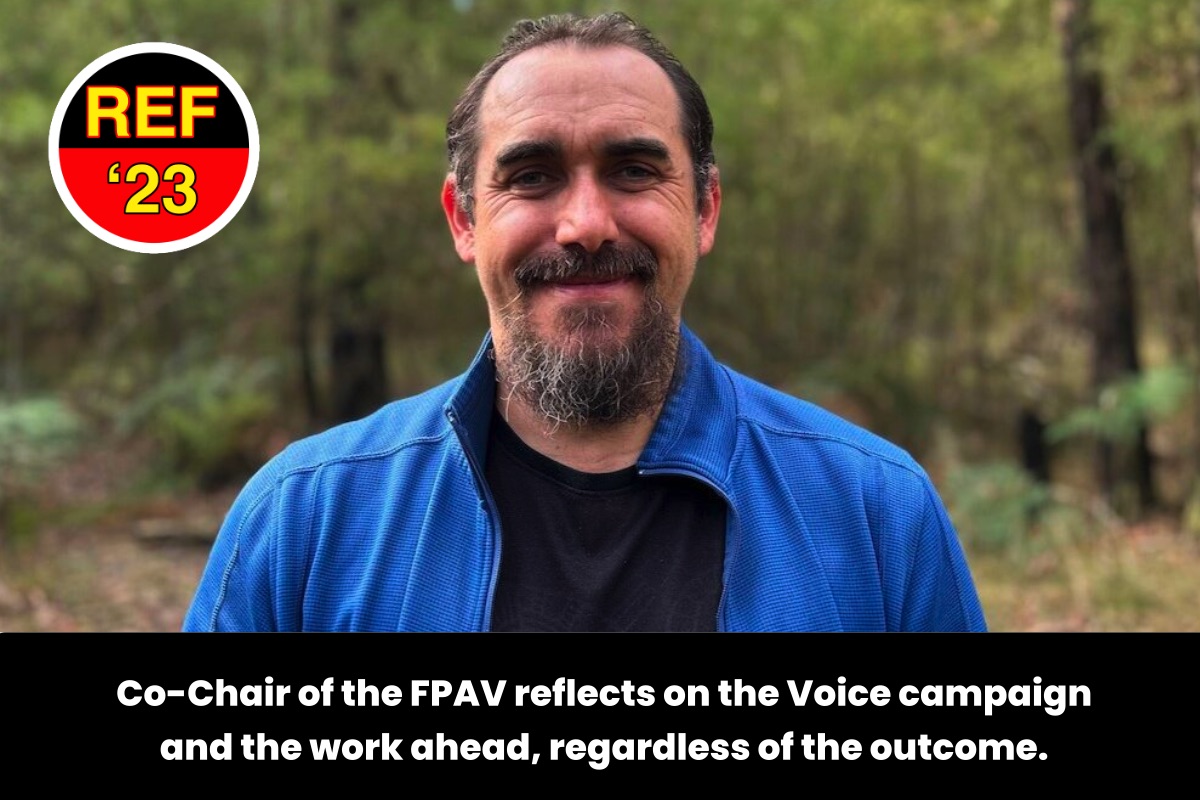
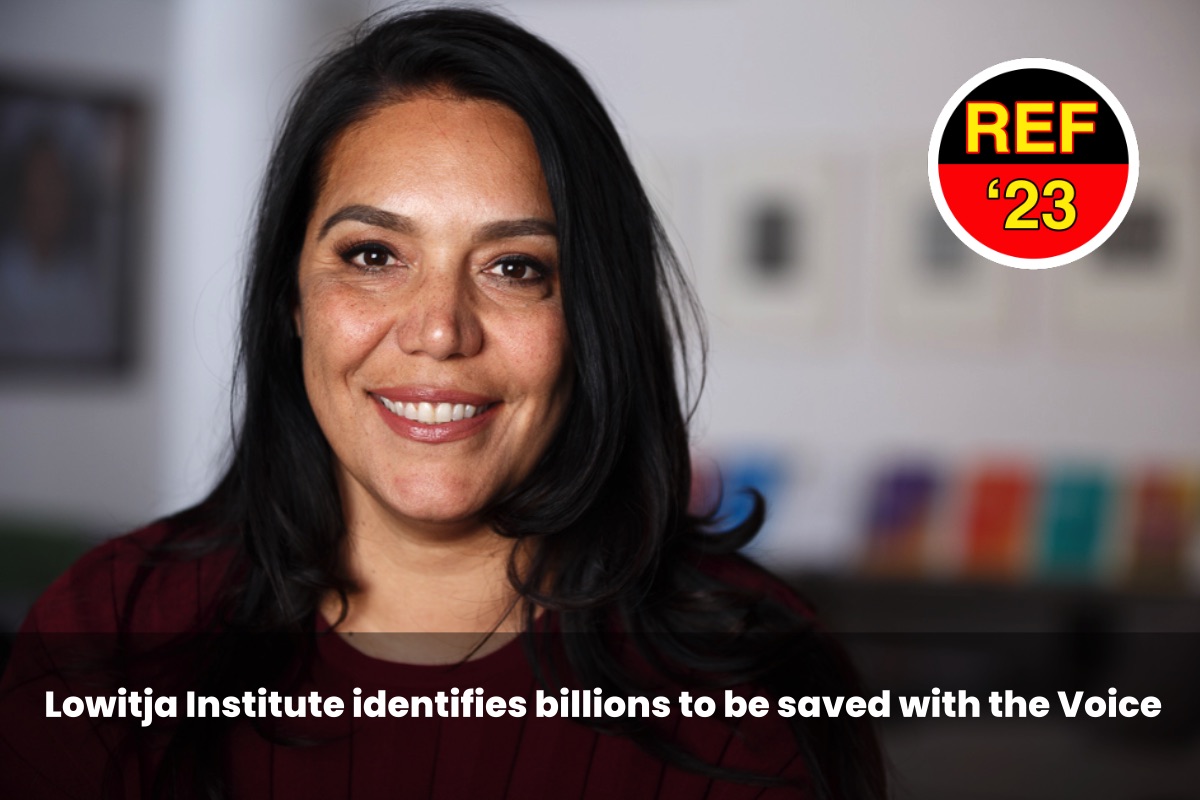
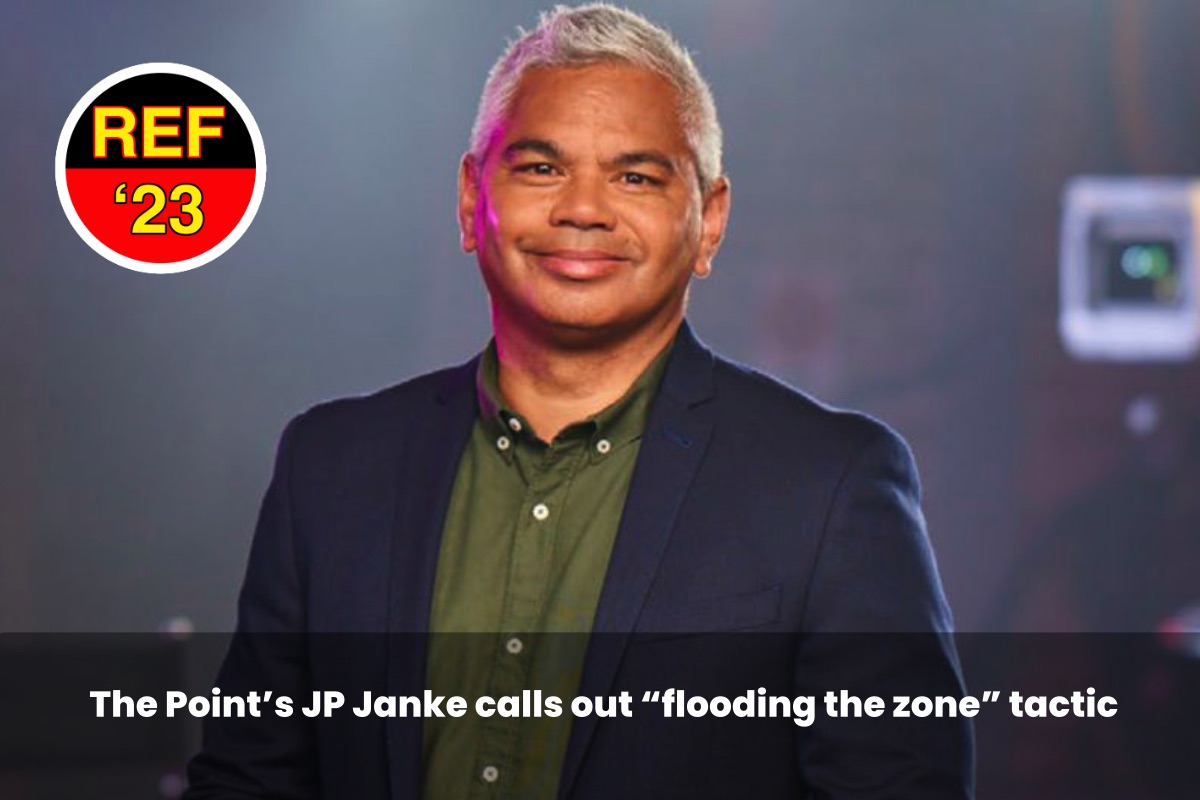
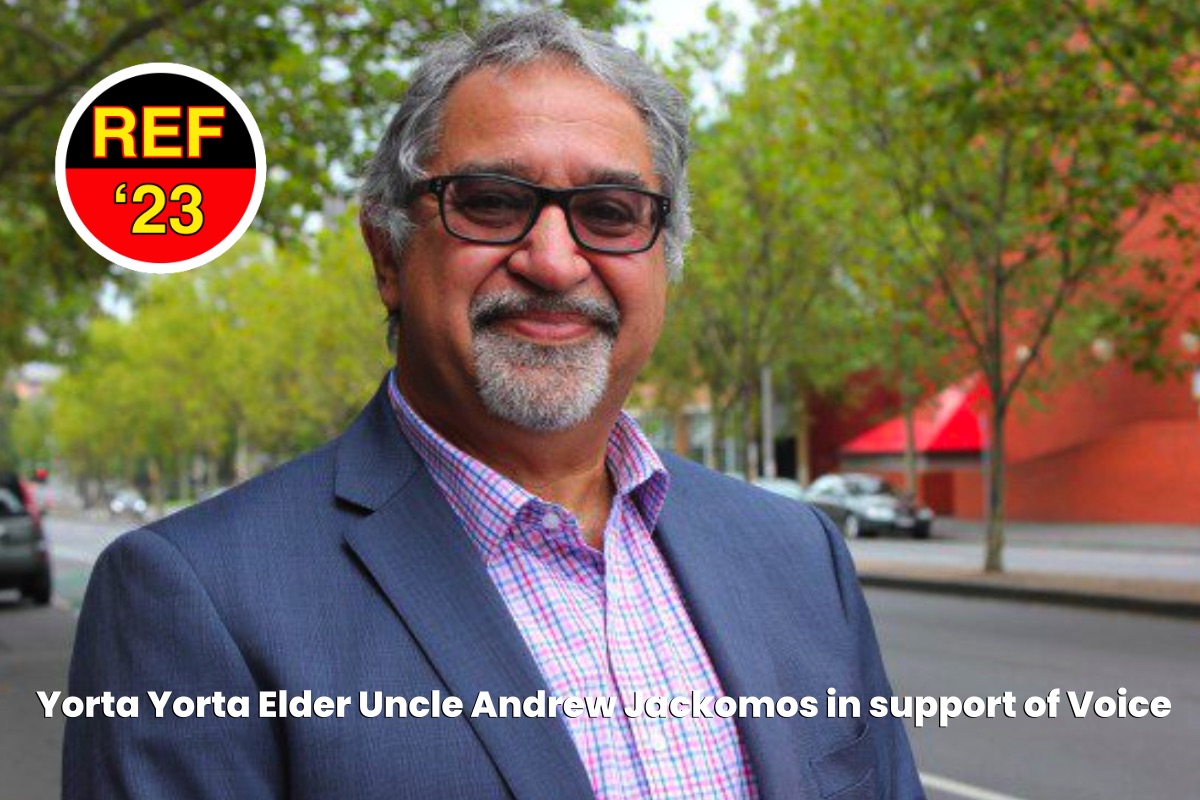
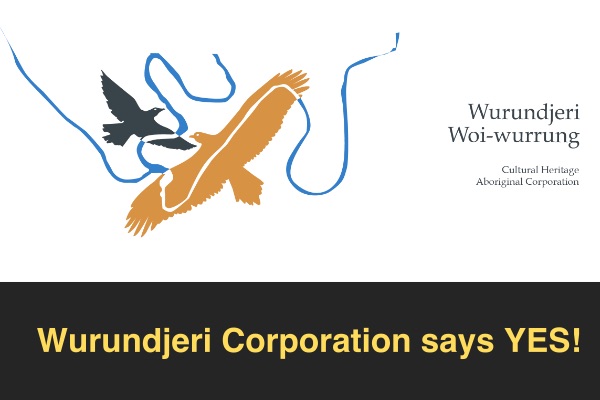

0 Comments